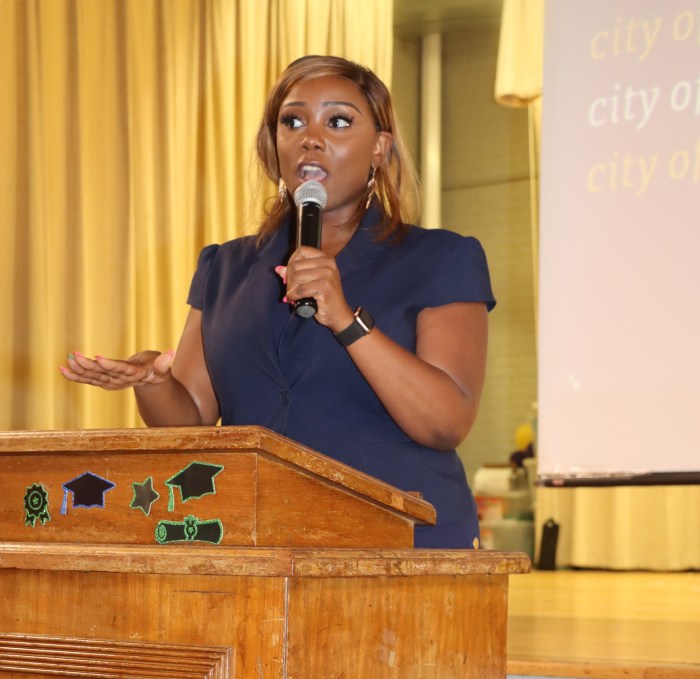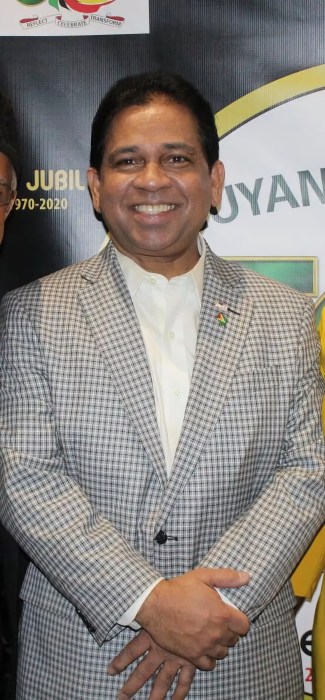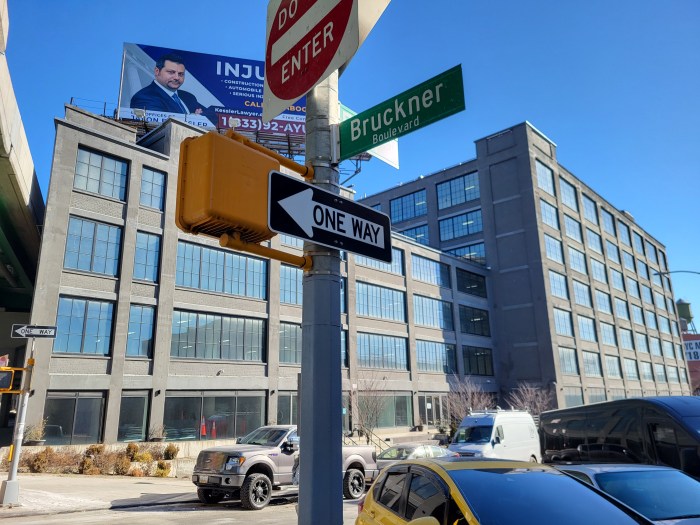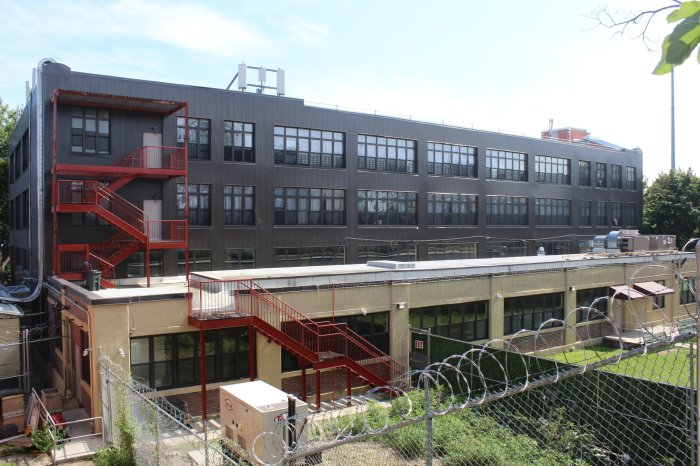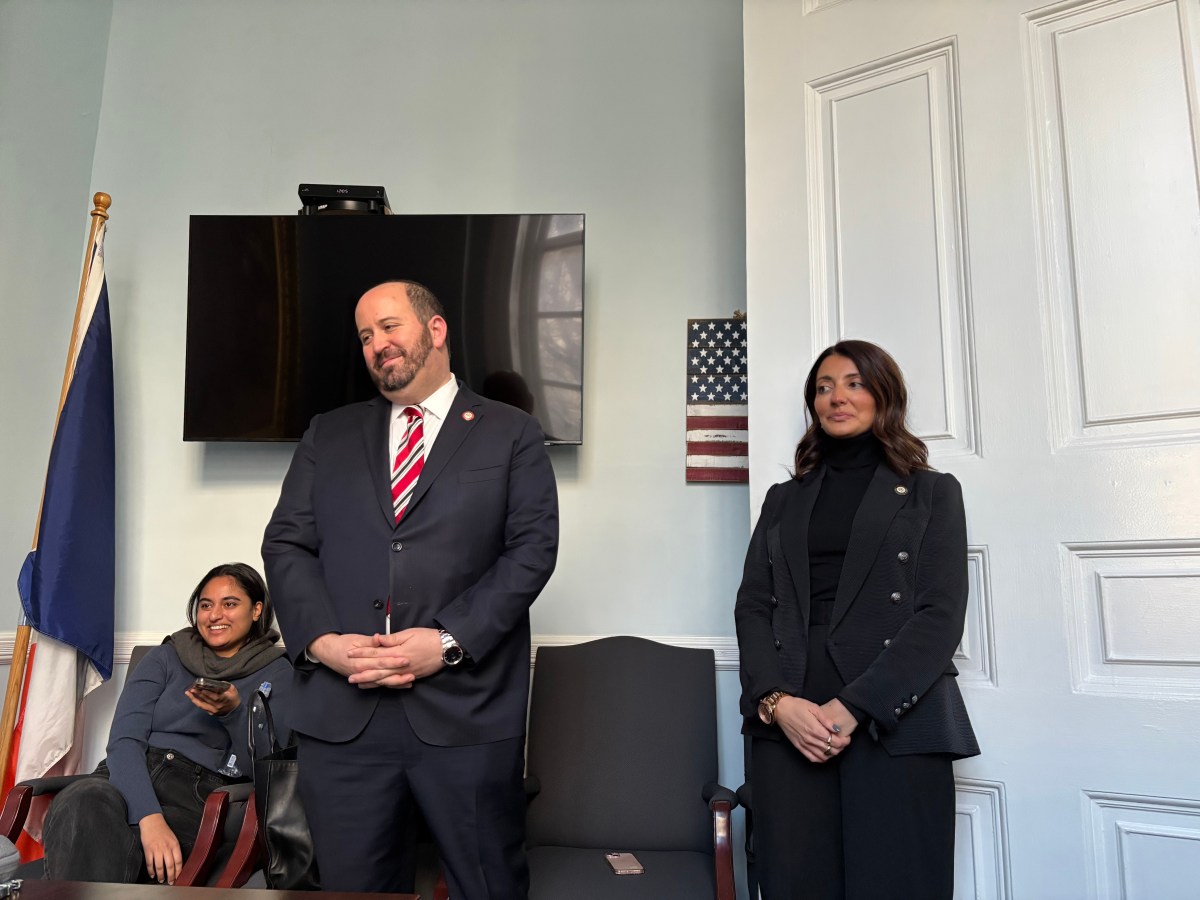A major Black group in the United States says it will host the next summit of the Caribbean Community (CARICOM) Reparations Commission early this year.
The New York-based Institute of the Black World 21st Century (IBW) said on Saturday that the summit will take place from April 9-12 in New York.
The CARICOM Commission is chaired by Sir Hilary Beckles, vice-chancellor designate of the University of the West Indies.
Inspired by the creation of the CARICOM Commission, a National African American Reparations Commission is being established as part of an effort to intensify the Reparations movement in the U.S., the IBW said.
It said the Commission will be dedicated to the memory of Queen Mother Audley Moore, one of the foremost proponents of Reparations in the history of Africans in America and a mentor to generations of Reparations activists.
In addition to the CARICOM and African American Commissions, representatives of Reparations movements from Central and South America, Canada and Europe are expected to participate in what is emerging as a Pan African Reparations Summit, the IBW said.
It said the program/schedule for the Summit will include formal business sessions; a dialogue between leaders of the Caribbean Diaspora in the U.S. and the CARICOM Commission; meetings between the newly-formed African American Commission and the Caribbean Commission; Rallies in Harlem, considered the symbolic Capital of Black America; Brooklyn, home to the largest Caribbean community in the US; and a tribute to Congressman John Conyers, dean of the Congressional Black Caucus and sponsor of HR-40, the Reparations Study Bill, which he has introduced in the U.S. Congress since 1989.
The IBW noted that, at the most recent Reparations Braintrust at the Congressional Black Caucus’s Annual Legislative Conference, Sir Hilary urged participants to declare a “Conyers Decade of Reparatory Justice.”
“The tribute to Congressman Conyers will begin that process,” said the IBW, adding that there will also be special recognition of the National Coalition of Blacks for Reparations in America (N’COBRA) for “decades of ground-breaking work on the issue.”
Dr. Ron Daniels, IBW’s African American-born president said that the National African American Reparations Commission (NAARC) will develop a Reparations Program similar to the 10-Point Program that has been adopted by the CARICOM Commission.
“The first step will be to devise an Interim Program that NAARC will take to the people in a series of town hall meetings to receive input before adopting the final program,” he said. “The process of engaging people of African descent across the country, including young people, is incredibly important to strengthening the Reparations movement.”
The IBW said Sir Hilary has been “eager to have Reparations Commissions form in various countries to build a global movement for Reparatory Justice.”
“I am extremely excited that our sisters and brothers in the U.S. are moving forward with the creation of a Reparations Commission,” the IBW quoted Sir Hilary as saying. “We are reaching out to Reparations activists throughout the Caribbean, Central and South America to encourage them to attend the Reparations Summit in the U.S. It has the potential to be a milestone event.”
The IBW said the activities for the CARICOM Reparations visit to the U.S. will conclude with Sir Hilary traveling to Detroit for a Reparations Rally, which will be the climax to the Tribute to Conyers.
Hosting the Reparations Summit and the formation of NAARC will mark the launch of what Daniels described as an initiative to broaden and deepen support for reparations among people of African descent and people of good will in the U.S., including support for H-R 40.
“This is a modest effort which is intended to complement the sustained work that activists and organizations have been doing for years,” he said.
Vincentian-born Don Rojas, IBW’s director of communications, said observers are welcome to attend and participate in the forthcoming Reparations Summit.
“This is the kind of event that can take off and provide impetus to the growing reparations movements in the U.S.A. and across the world,” said the former press secretary for slain Grenadian revolutionary leader and Prime Minister Maurice Bishop.



